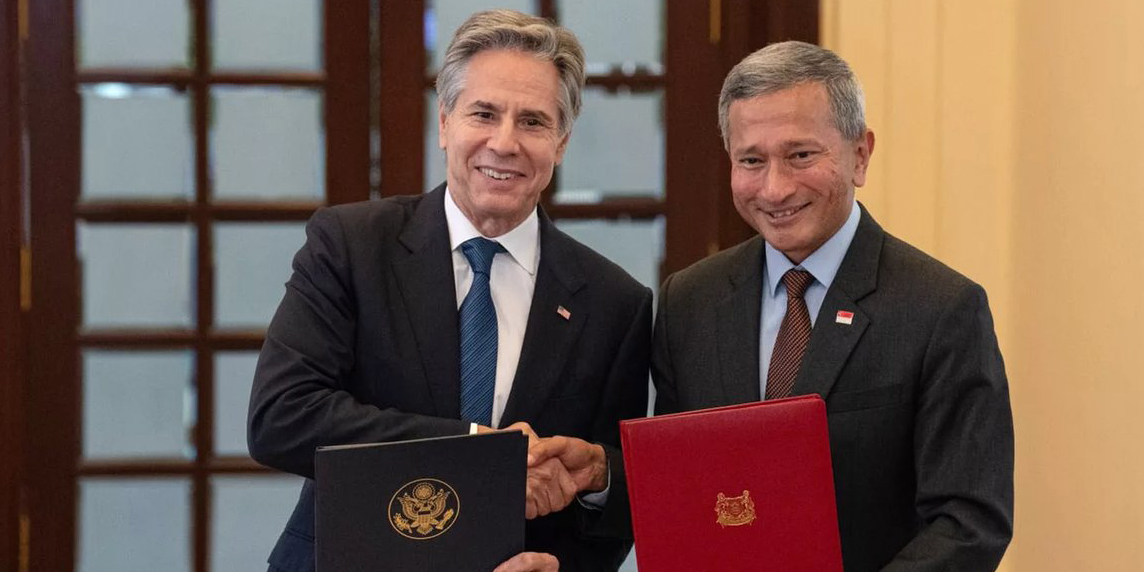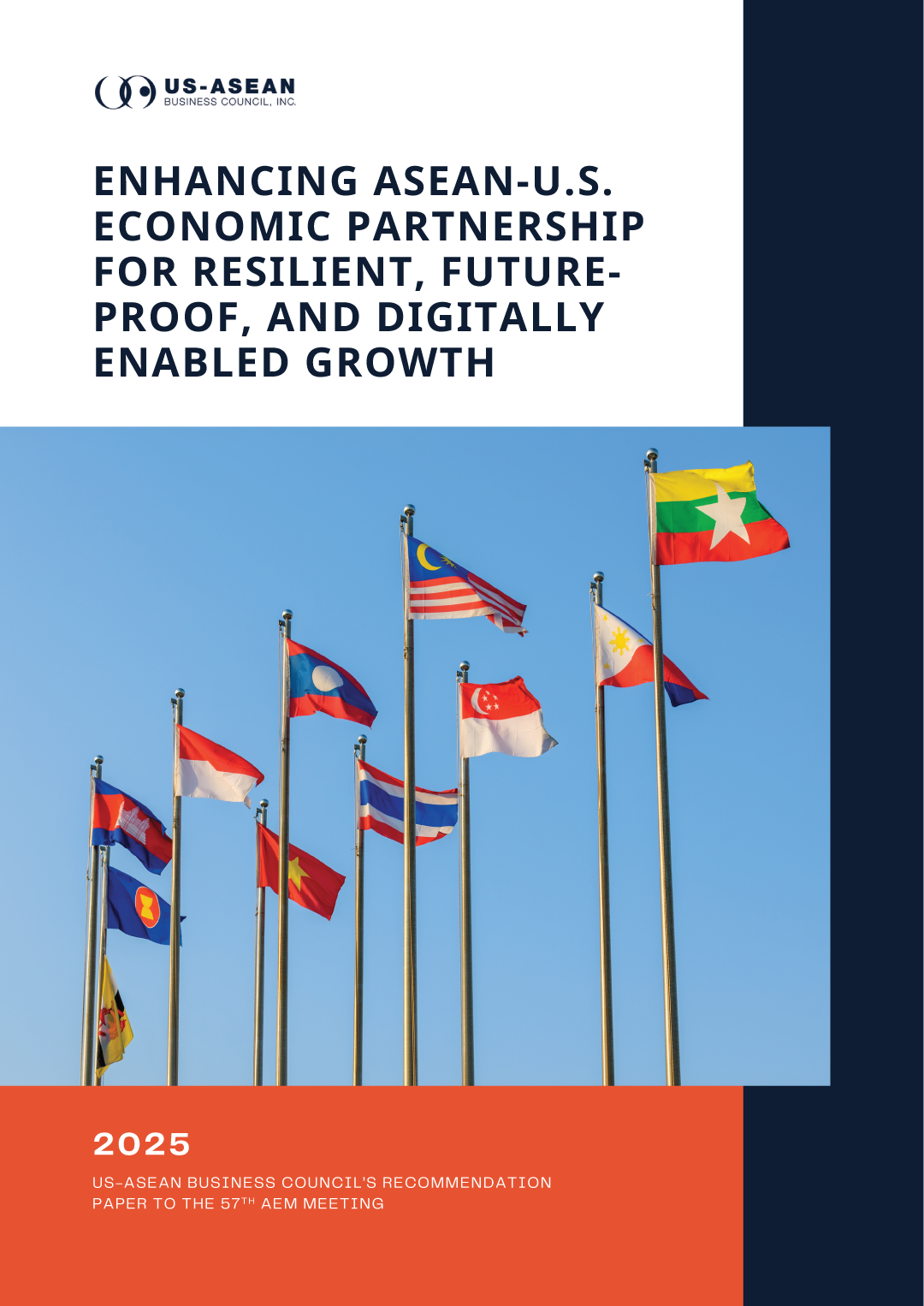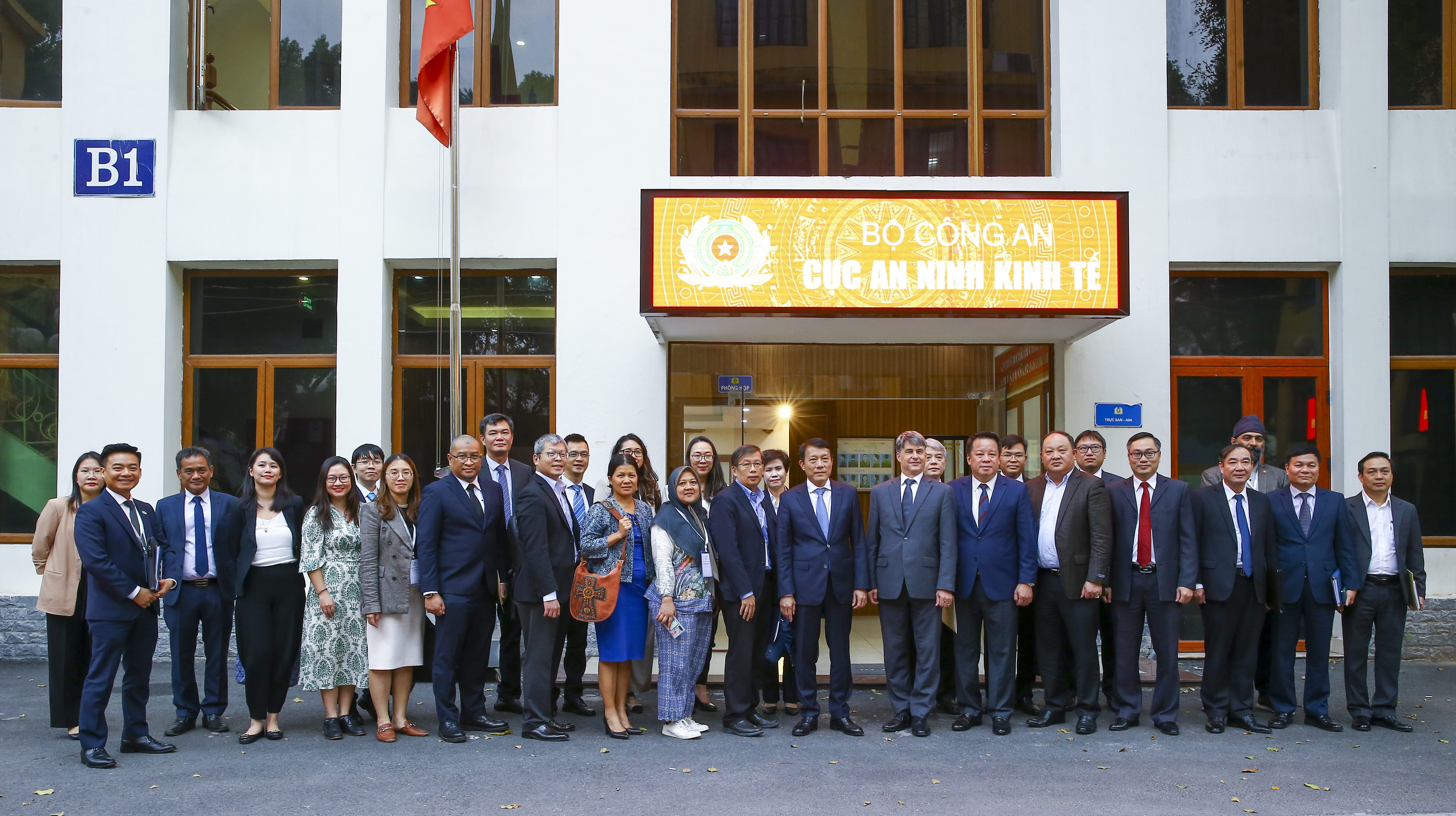Singapore and US Sign Civil Nuclear Agreement

On July 31, Secretary of State Antony J. Blinken and Minister for Foreign Affairs Dr. Vivian Balakrishnan inked the United States-Singapore 123 Agreement, a legally binding framework that establishes cooperation on civil nuclear power. The agreement advances the ongoing civil nuclear collaboration between both countries. Since 2017, the United States Nuclear Regulatory Commission (NRC) and Singapore’s National Environment Agency (NEA) have had arrangements to work together on nuclear safety matters. Furthermore, this agreement seeks to deepen the understanding of how advanced nuclear energy technologies can support climate goals while addressing key energy needs. It is expected to come into effect at the end of 2024 and will last for 30 years.
Singapore is the 4th ASEAN member country to sign a 123 Agreement with the United States, after Indonesia, Vietnam, and the Philippines. This move comes amidst renewed interest in nuclear energy across Southeast Asia, given that this source of energy can produce a supply of electricity at close to zero emissions. A 2022 report commissioned by Singapore’s Energy Market Authority (EMA) found that nuclear power could supply 10% of Singapore’s energy mix by 2050. Given that current conventional nuclear technologies may not be suitable for Singapore, the country is particularly interested in small modular reactors, which is deemed to be more fitting for the densely populated city-state given its lower power capacity, enhanced safety standards, and smaller buffer zones requirement.
The Ministry of Sustainability and the Environment (MSE) and the Ministry of Trade and Industry clarified that Singapore has not decided whether it will eventually be using nuclear or not buts is open to considering collaborations with countries that can support its capacity building efforts. Access to the latest technologies and scientific research from American aims to help Singapore make a more informed decision on nuclear power as a clean energy source.



![Cover-[USABC-Final]-Driving-ASEAN-Unity-Malaysia's-Vision-for-2025](/sites/default/files/2025-07/Cover-%5BUSABC-Final%5D-Driving-ASEAN-Unity-Malaysia%27s-Vision-for-2025.jpg)




